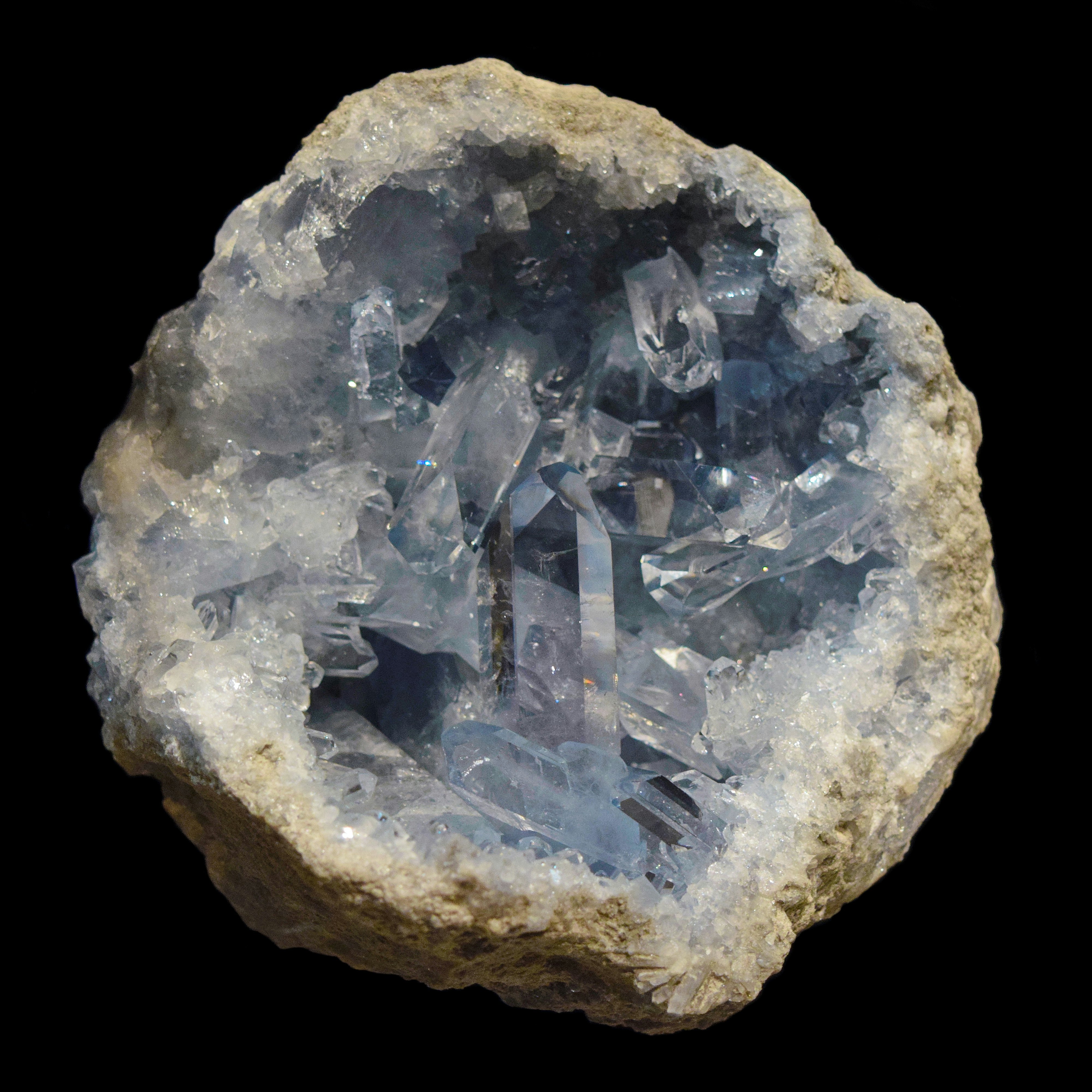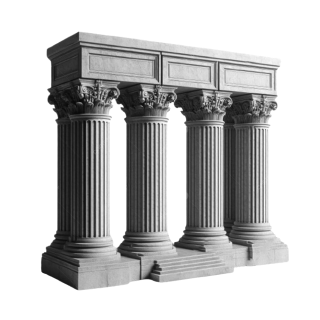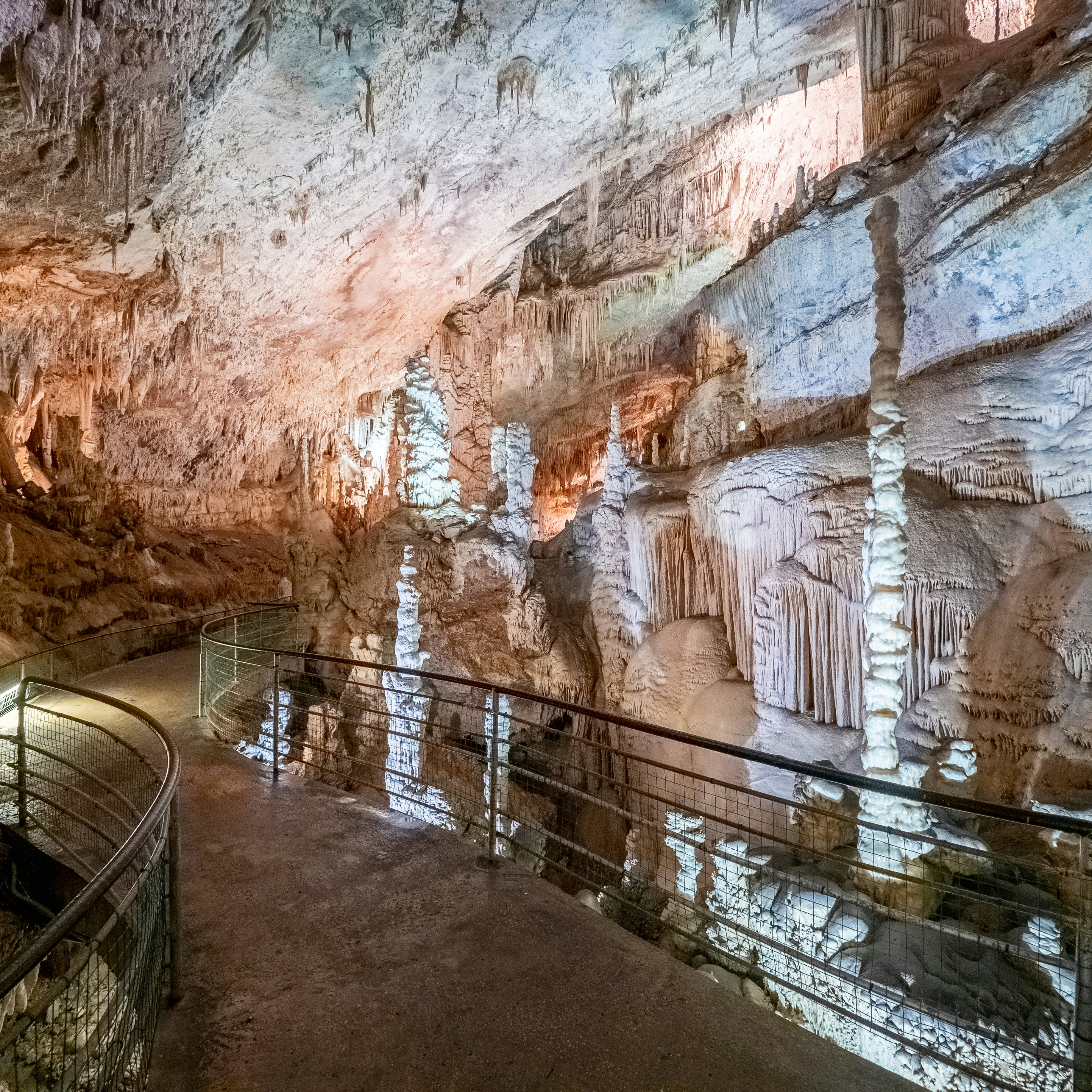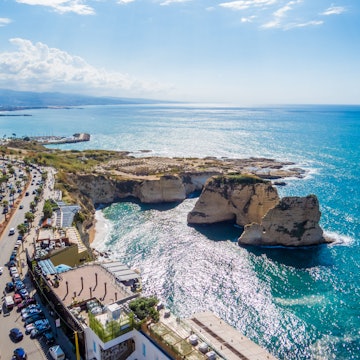

Getty Images
Overview
This diminutive Mediterranean nation is a fascinating nexus point of the Middle East and the West; of Christianity and Islam; of tradition and modernity. It’s a place where culture, family and religion are all-important, but where sectarian violence can too often erupt – claiming lives and scarring both the landscape and the national psyche.
Must-see attractions
in partnership with getyourguide













